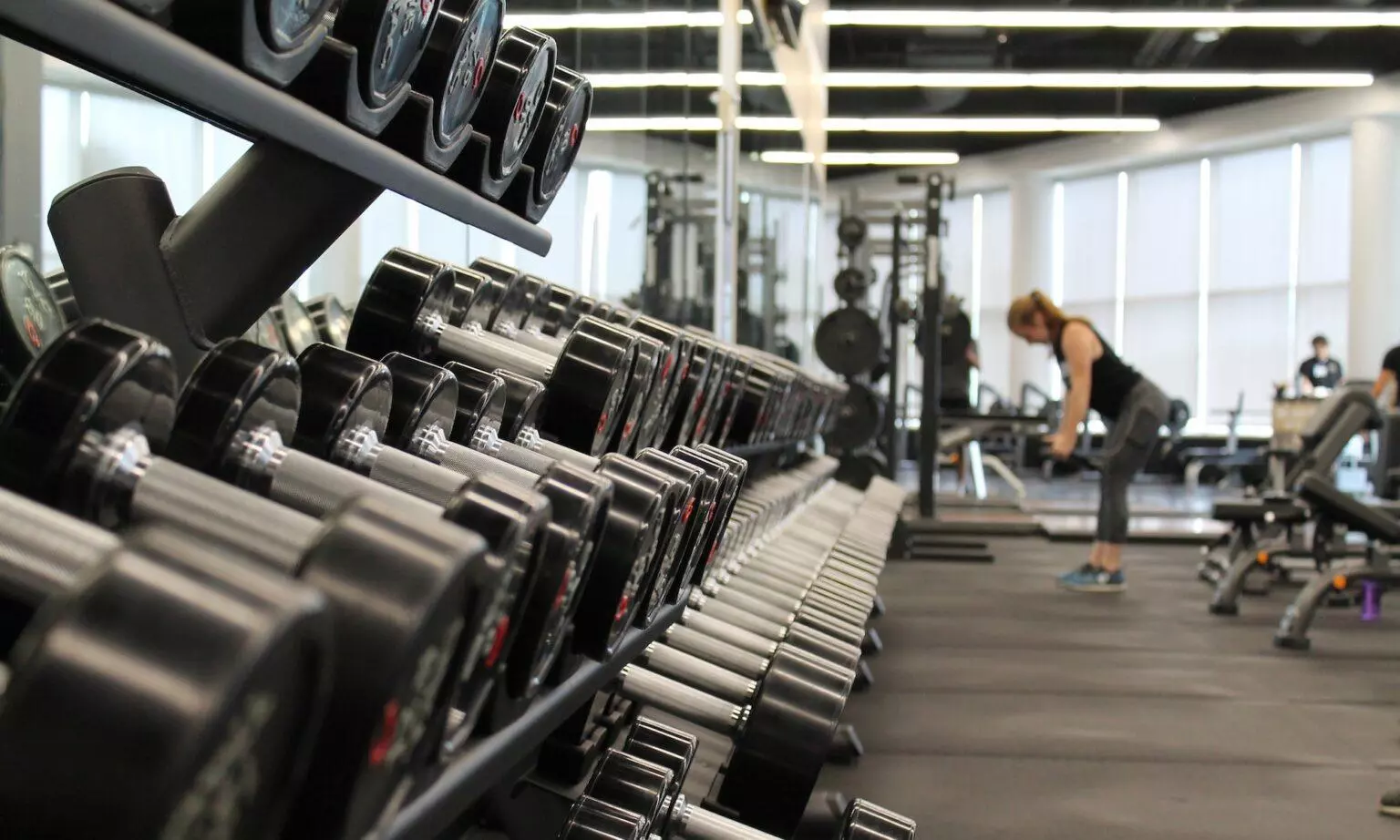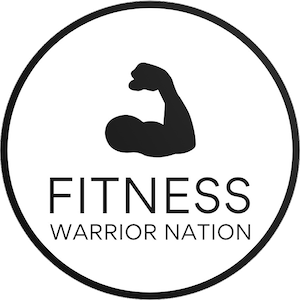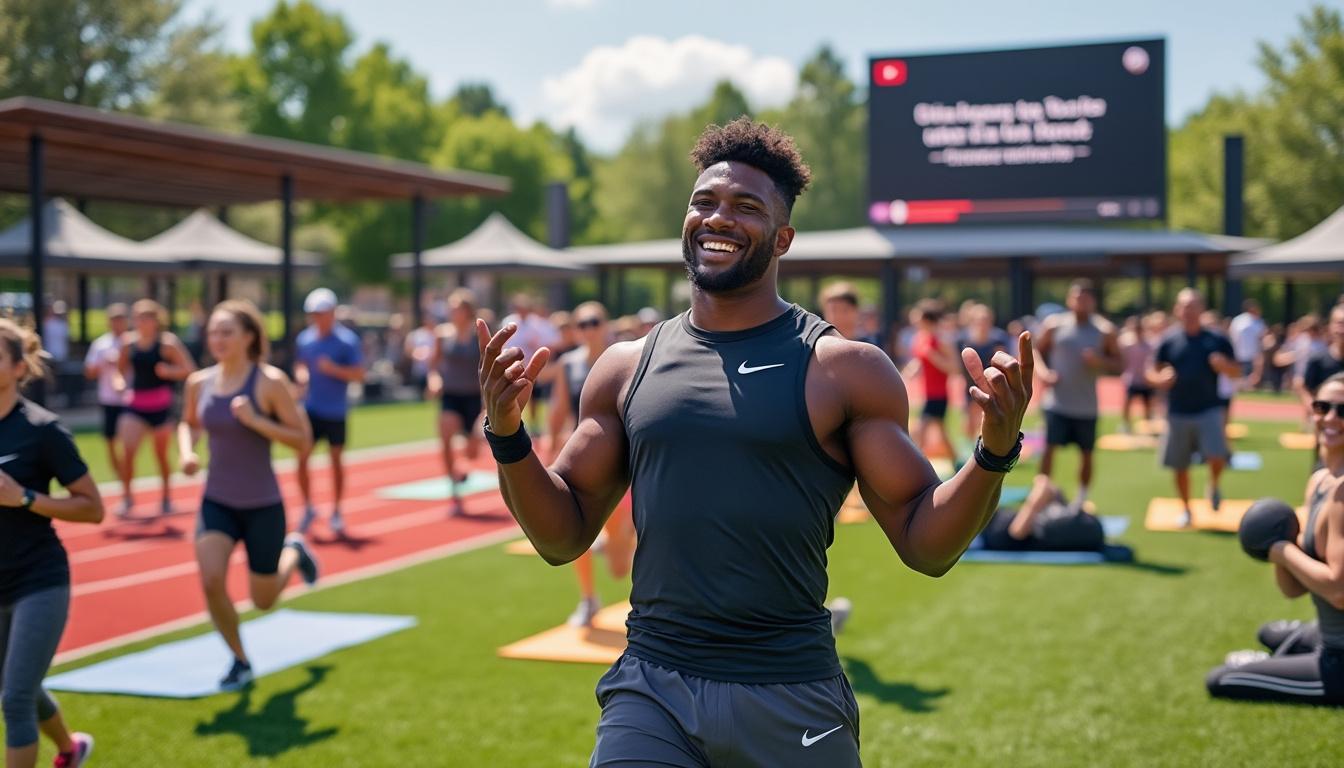The recent appointment of Miami Dolphins quarterback Tua Tagovailoa to President Donald Trump’s Council on Sports, Fitness, and Nutrition has captured widespread attention. Despite his initial surprise and the president’s humorous stumble over his name, Tagovailoa has openly expressed enthusiasm for his new role, calling it “pretty cool” and “an honor.” This announcement coincides with the revival of a national focus on youth fitness and health strategies under the Trump administration, including the reinstatement of the presidential fitness test in schools—a program that was phased out over a decade ago. With the NFL star stepping into this influential advisory position, the council aims to inspire a renewed passion for physical well-being nationwide.
Tua Tagovailoa’s Unexpected Journey to the Presidential Sports Fitness Council
In a surprising twist during Miami Dolphins’ training camp, Tua Tagovailoa candidly admitted to reporters he didn’t quite know how he landed the spot on President Trump’s Council on Sports, Fitness, and Nutrition. Despite this uncertainty, the quarterback acknowledged the sheer importance of the honor. “I think it’s pretty cool. It’s an honor,” Tagovailoa commented, showing humility and readiness to embrace the role. This appointment highlights the increasing trend of sports icons transitioning into leadership roles that influence public health policy.
This council was revitalized through an executive order designed to harness the power of sport and fitness leaders to curtail the rising tide of sedentary lifestyles and chronic diseases affecting Americans. The council collaborates closely with the secretary of Health and Human Services, providing expert advice and elevating the national conversation around physical activity, nutrition, and wellness. Tua’s visibility as a professional athlete makes him a potent force in encouraging young people to embrace fitness seriously.
Tagovailoa’s fresh involvement offers a unique vantage point for younger generations inspired by NFL role models adorned in gear from brands like Nike, Adidas, Puma, and Under Armour. Representing such a global platform, he can champion fitness not just as a sport but as a lifestyle that connects with everyday Americans.
- Tagovailoa’s status as a high-profile NFL quarterback bridges sports and health advocacy.
- The council’s role includes promoting evidence-based strategies to improve physical fitness nationwide.
- The renewed emphasis on presidential fitness tests aims to foster disciplined activity habits from a young age.
- Major athletic brands such as Reebok, Champion, and New Balance are likely to amplify the message through sponsorship and outreach initiatives.
- Tua’s presence underscores the council’s dedication to youth engagement through relatable figures.
| Aspect | Details |
|---|---|
| Appointee | Tua Tagovailoa, Miami Dolphins quarterback |
| Council Purpose | Advise on national sports, fitness, and nutrition policies |
| Executive Order Date | 2025 |
| President’s Quote | Officially recognized Tagovailoa despite mispronouncing his name |
| Fitness Test Revival | Presidential fitness test to return to schools |
The Revival of the Presidential Fitness Test: Impact on Youth Wellness in America
One of the most notable initiatives tied to the council’s revival is the reintroduction of the presidential fitness test, discontinued since 2012. The return of this fitness assessment sends a powerful message about reclaiming physical health benchmarks for students. The test historically included core exercises like the one-mile run, timed sit-ups, push-ups or pull-ups, shuttle runs, and the sit-and-reach stretch, aspects designed to build all-around physical resilience.
While this 2025 comeback has yet to specify exact start dates or modifications, experts anticipate updates to the test reflecting modern scientific insights into fitness and youth health. This renewed focus presents an opportunity to tackle rising childhood obesity rates and sedentary behaviors linked to digital-era lifestyles. Brands well-known in the fitness space, notably Asics and Gatorade, have signaled potential partnerships to support hydration and recovery education alongside fitness programming.
Schools adopting this program can expect a resurgence in emphasis on endurance, strength, flexibility, and agility, pillars foundational to lifelong health. This echoes findings from the comprehensive review in Fitness Warrior Nation’s analysis of the fitness test’s comeback, which emphasizes how structured physical challenges enhance students’ confidence and health literacy.
- One-mile run promotes cardiovascular endurance.
- Sit-ups and push-ups measure core and upper body strength relevant to everyday function.
- Shuttle runs improve quickness and coordination.
- Sit-and-reach highlights flexibility to prevent injury.
- Test encourages an engaging, goal-oriented approach to youth fitness education.
| Test Component | Focus Area | Benefits |
|---|---|---|
| One-Mile Run | Cardiovascular endurance | Improves heart and lung efficiency, endurance |
| Sit-Ups | Core strength | Builds abdominal muscles critical for stability |
| Push-Ups/Pull-Ups | Upper body strength | Enhances arm, back, chest muscles functionality |
| Shuttle Run | Agility and coordination | Develops speed, reaction time, body control |
| Sit-and-Reach | Flexibility | Promotes range of motion, reduces injury risk |
Tua Tagovailoa as a Role Model: Inspiring a Fitness-Driven Generation
Tua Tagovailoa’s emergence as not just an NFL standout but a voice for national fitness reflects a broader momentum in sports culture emphasizing health leadership. His willingness to engage in this unpaid advisory role shows commitment beyond the field and encourages fans toward healthier living habits. The power of athlete endorsements and involvement in public health is evident in how influential campaigns leverage brands like Reebok, Champion, and Gatorade to reach diverse audiences.
With Tagovailoa wearing cutting-edge performance gear from companies such as Nike and Under Armour, he embodies fitness technology and innovation. This connection also serves as a gateway for retailers and marketers to promote fitness products aligned with federal health initiatives. He often shares insights on workout routines, layered with advice inspired by professional fitness instructors and backed by science — reinforcing messages found in authoritative articles on science-backed fitness tips.
Communities witness the tangible impact of role models like Tua who emphasize perseverance, nutrition, and consistent workout regimens. His influence is an essential force in increasing awareness around conditions preventable by fitness, such as hypertension and type 2 diabetes, prevalent challenges in contemporary America.
- Promoting balanced fitness routines combining strength, endurance, and flexibility.
- Highlighting the importance of hydration and nutrition, often illustrated through partnerships with brands like Gatorade.
- Encouraging social and community fitness programs, especially in underprivileged areas.
- Showcasing motivational workouts inspired by diverse sports to appeal to all demographics.
- Leveraging social media and press appearances to expand the reach of fitness advocacy.
| Key Role Model Traits | Associated Benefits |
|---|---|
| Visibility in National Sports | Inspires mass participation in fitness activities |
| Collaboration with Athletic Brands | Elevation of fitness culture through apparel and nutrition |
| Engagement in Public Health Councils | Brings athlete perspective to policy and outreach |
| Promotion of Science-Based Advice | Encourages effective and safe fitness habits |
National Sports Councils and Their Role in Shaping American Fitness Policy
The creation and revival of councils like President Trump’s Sports, Fitness, and Nutrition Council play a critical role in advancing health objectives on a governmental level. These bodies serve as strategic advisors shaping investments in physical activity, nutrient education, and preventive wellness programs. The deliberate inclusion of athletes such as Tagovailoa enriches their insight and public appeal.
By integrating professional perspectives from celebrated sports figures and fitness experts, the council helps strategize initiatives that connect with the realities of Americans’ busy lives. They act as ambassadors, translating empirical health data into accessible and actionable programs. This collaboration with health departments and educational institutions strengthens efforts such as those described in the detailed look at Trump’s presidential fitness test revival and national fitness reform efforts.
- Aligning sports culture with public health priorities for measurable outcomes.
- Creating awareness campaigns featuring recognisable athletes to increase participation.
- Setting policy frameworks that support wide-reaching fitness and nutrition programs.
- Collaborating with companies such as Puma and Asics for specialized equipment development.
- Ensuring access and equity in fitness opportunities across diverse communities.
| Council Role | Function | Expected Impact |
|---|---|---|
| Advisor | Provide expert guidance on sports and fitness policies | Improve nation-wide health metrics |
| Advocate | Promote physical activity and nutrition awareness | Increase public participation in fitness programs |
| Connector | Bridge government, private sector, and communities | Mobilize resources and expand reach |
The Role of Major Athletic Brands in Supporting National Fitness Initiatives
In 2025, the collaboration between national health councils and leading athletic brands such as Nike, Adidas, Puma, Under Armour, Reebok, Champion, New Balance, and Asics is integral to making fitness initiatives successful. These companies provide not only the highest quality sport apparel and footwear for athletes and the general public but also invest in community outreach programs, fitness challenges, and educational campaigns to amplify the fitness movement.
For example, Nike’s innovative training gear combined with Adidas’s push for sustainability aligns well with public health goals of making fitness accessible and environmentally conscious. Gatorade complements these efforts by championing hydration and recovery science, critical elements in any training program. Such sponsorships and collaborations help institutionalize fitness in American culture, resonating with campaigns like THE PLAYERS Championship—a premier golfing event promoting athletic excellence and health.
These brands also leverage data and technology to educate consumers, using resources featured in fitness gadget reviews and advances to optimize workouts and enhance user experience. Partnerships also respond to heat fitness challenges covered in articles like working out in heat-friendly fitness regimes, ensuring safe exercise practices across climates.
- Providing premium athletic gear that encourages active lifestyles.
- Engaging in innovative marketing connected to national fitness campaigns.
- Supporting youth programs through sponsorship and equipment donations.
- Investing in scientific research on sports performance and recovery.
- Aligning product development with national health priorities.
| Brand | Contribution to Fitness Initiatives | Signature Focus |
|---|---|---|
| Nike | Innovative sport apparel, youth fitness outreach | Performance technology integration |
| Adidas | Sustainability-focused gear, global fitness campaigns | Eco-friendly materials |
| Under Armour | High-performance apparel, hydration partnership with Gatorade | Endurance and recovery solutions |
| Reebok | Cross-training equipment, community challenges | Functional training gear |
| Champion | Casual fitness wear, school programs | Accessible athletic style |
| New Balance | Running shoes, gait analysis tech | Biomechanical innovation |
| Asics | Orthopedic footwear, injury prevention education | Support and flexibility |


